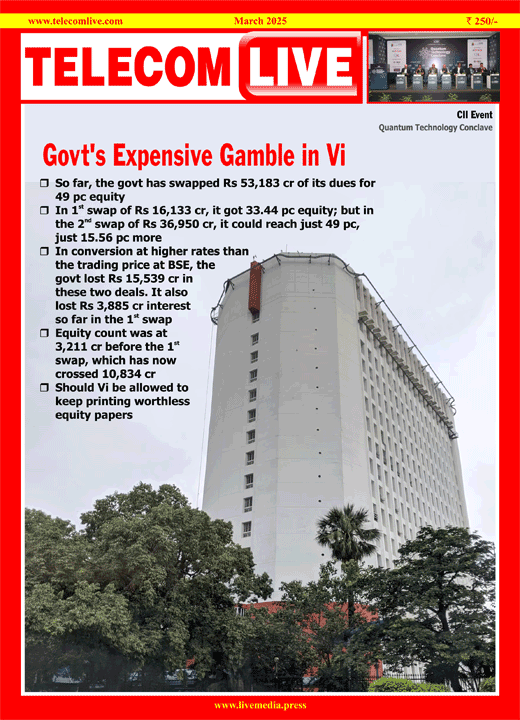Top 46 US companies file legal challenge to block H-1B visa changes
Nearly 46 leading US companies and business organizations, including tech giants Apple, Google, Twitter and Facebook, representing and working with key sectors of the US economy, have filed an amicus brief that supports a legal challenge to block upcoming rule changes to H-1B visa eligibility. Amicus briefs are legal documents filed in appellate court cases by non-litigants with a strong interest in the subject matter.
“These rules will stifle the ability of American companies to hire and retain global talent…not only is the H-1B visa programme critical to driving American economic growth and innovation, it also enhances our diversity as a company and as a nation,” Twitter Public Policy said in a tweet.
This comes in the wake of the US administration’s proposal to scrap the computerized lottery system to grant H-1B work visas to foreign technology professionals and replace it with a wage-level-based selection process is a process that could hamper movement of talent by technology and IT companies, according to analysts.
On Thursday, the US Department of Homeland Security (DHS) said that modifying the H-1B cap selection process by replacing the random method with a wage-level-based one “is a better way to allocate H-1B visas when demand exceeds supply”.
“If finalized as proposed, this new selection process would incentivize employers to offer higher wages or petition for positions requiring higher skills and higher-skilled workers instead of using the programme to fill relatively lower-paid vacancies,” DHS said.
The companies said that the new DHS rules will dramatically reduce US businesses’ ability to hire these skilled foreign workers—one senior DHS official estimated that they will render ineligible more than one-third of petitions for H-1B visas. That will significantly reduce the economic benefits provided by the H-1B programme, stunt the US economy’s recovery from the pandemic, and lead to greater reliance by US companies on operations outside of the US—inflicting long-term damage to US’ economic growth.
Additionally, the new rules will irreparably injure companies and the entire US economy by forcing businesses to discharge current employees—disrupting ongoing projects and imposing significant costs, and in some cases forcing companies to transfer work to locations outside the US.



